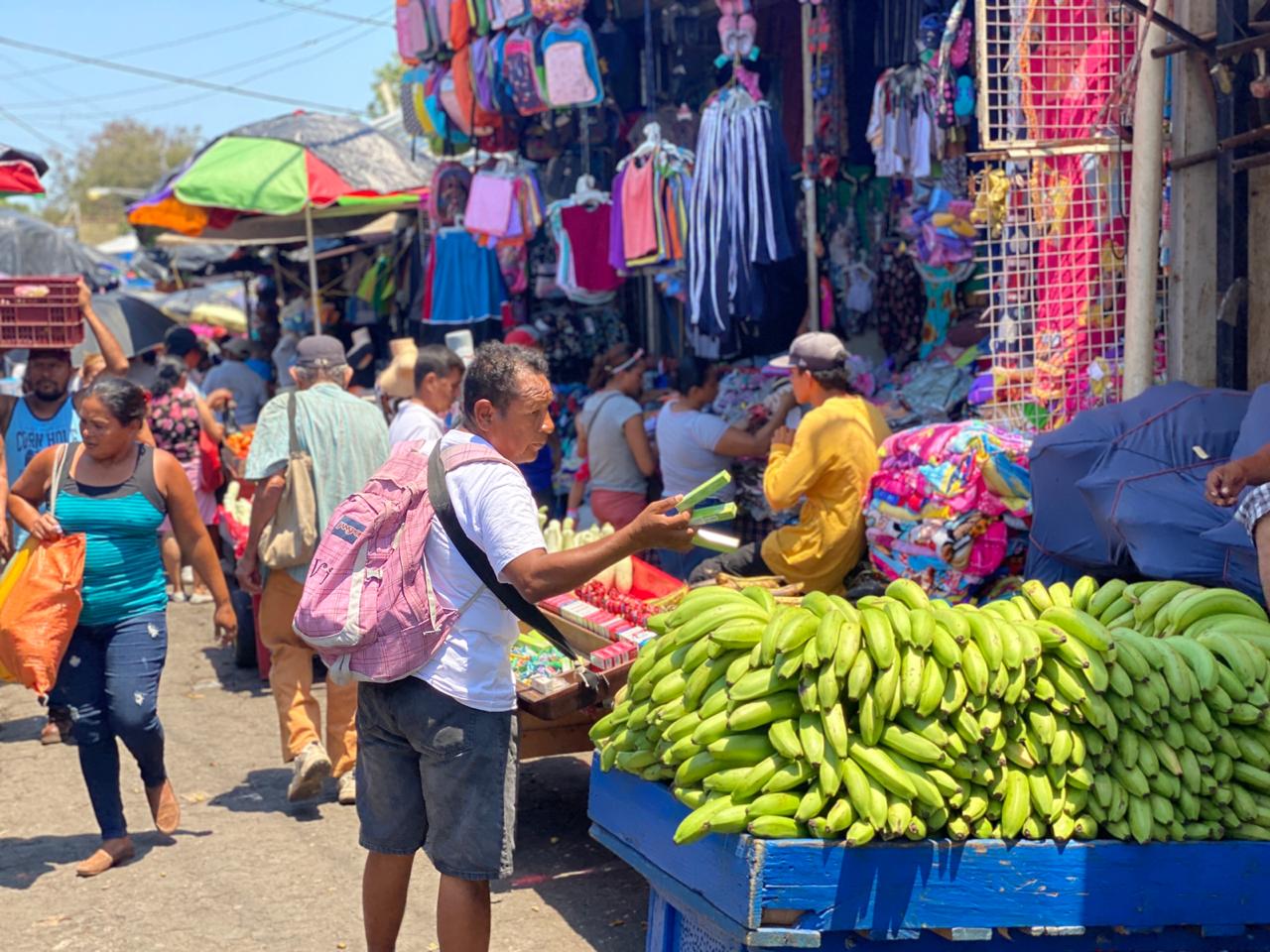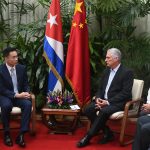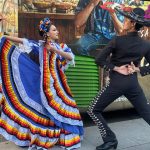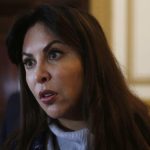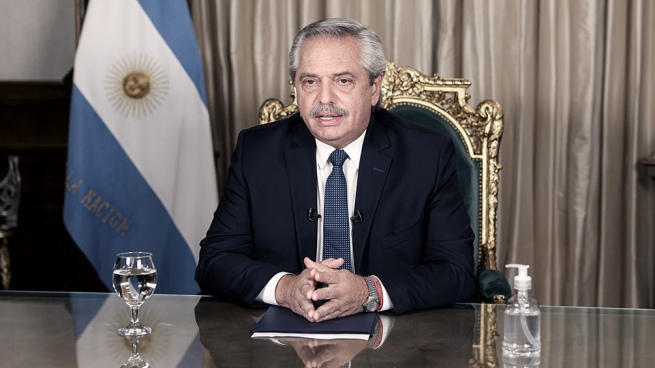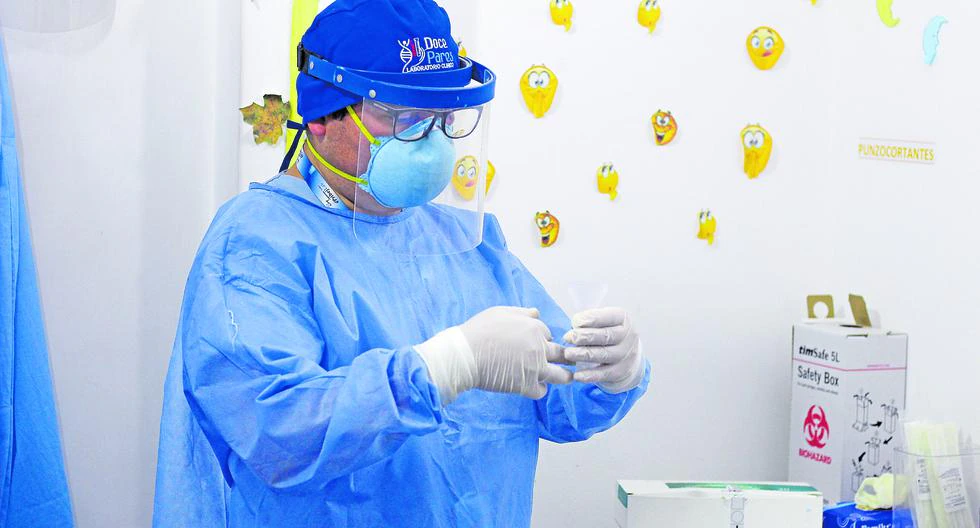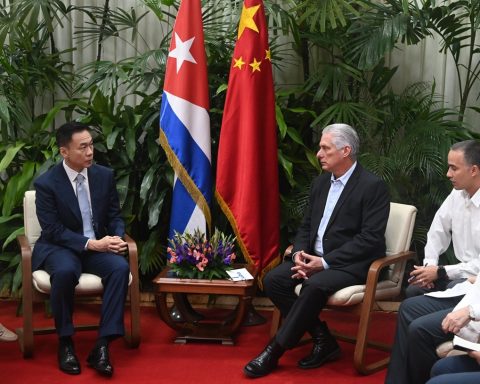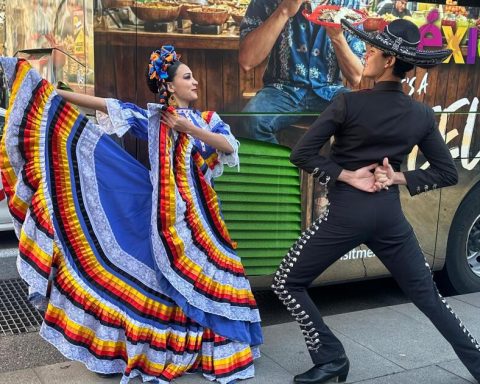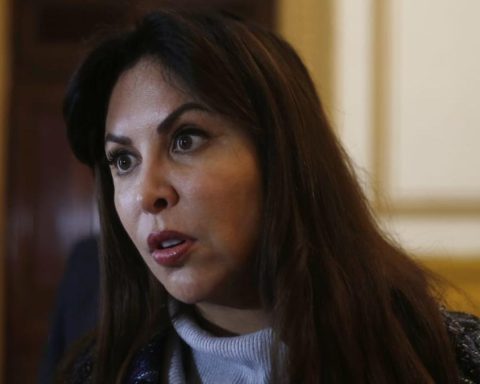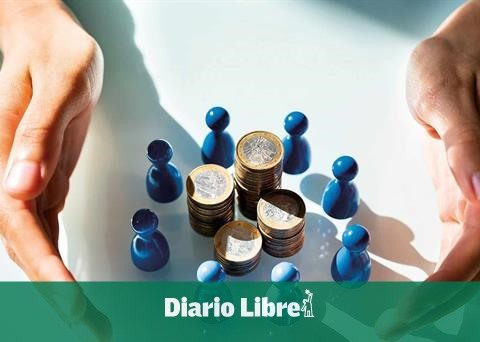The Central Bank of Nicaragua (BCN) projects a economic growth in the country of up to 4.5% for this year, a figure well below the 10.3% that ensures the Gross Domestic Product (GDP) grew in 2021. The World Bank (WB) is less optimistic than the authorities of the regime and foresees a slowdown of the economy by 2022 to be in 2.9%the lowest in the region along with El Salvador.
The Ortega dictatorship called 2022 “the year of economic recovery and the return of economic growth” after presenting negative numbers since the sociopolitical crisis of April 2018. The World Bank explains that this recovery can be attributed to remittances ; consumption and public investment destined to address the impacts of COVID-19 and hurricanes; and private investment and exports supported by favorable commodity prices.
However, the impacts of the COVID-19 crisis on well-being remain. Contrary to the official triumphalist discourse, the multinational organization indicates that the data show employment rates lower in the third quarter of 2021 (44%) than in the same period of 2020 (46%), as labor-intensive sectors such as construction, hotels and restaurants have not fully recovered their levels of employment.
Related news: Ortega regime inflates figures and ensures that 96% of the economically active population has a job
“The decrease in job and of the wages caused a reduction in family income for 44% of households in mid-2021.”
The points in favor of Nicaragua is that “growth was sufficient for a slight reduction in Poverty rate (defined as $3.2/day Purchasing Power Parity – PPP) from 13.5 in 2020 to 12 percent in 2021”; which could remain stable between 2022-2024.
“International geopolitical events would impact growth”
The World Bank stated that recent international geopolitical events would also impact growth, amid high oil prices and “lower demand, only partially offset by the positive impacts of higher prices of exported raw materials,” the report said. BM on their website.
It is expected that the inflation increase further to 5.9% in 2022 due to recent geopolitical events, alluding to the crisis in Ukraine.

It explains that “the current domestic political context could influence investment and growth below historical levels throughout the forecast period”, thus projecting less than 3% economic growth, amid adverse global pressures and a fiscal consolidation.
In short, Nicaragua remains one of the least developed countries in Latin America, where access to basic services is a “daily challenge.”
The World Bank highlights that the regime’s authorities “plan a consolidation” this year as part of their commitment to the International Monetary Fund (IMF) and concerns about debt sustainability. “This implies a reduction in capital spending. However, the current spending momentum will be maintained to ensure the absorption of COVID-19 funds and will then taper off,” he details.
Related news: CABEI loans to the Ortega regime are insufficient to reactivate the Nicaraguan economy
The World Bank highlighted that it has supported measures to reduce poverty in Nicaragua through the International Development Association (IDA), the World Bank fund for the poorest countries.
“To better reach vulnerable families across the country, IDA projects leverage local initiatives that further stretch limited resources and deliver sustainable results,” he says. Although, today, the regime of Daniel Ortega relies mainly on the disbursements of the Central American Bank for Economic Integration (CABEI) of Dante Mossi because his trusted officials are sanctioned.
